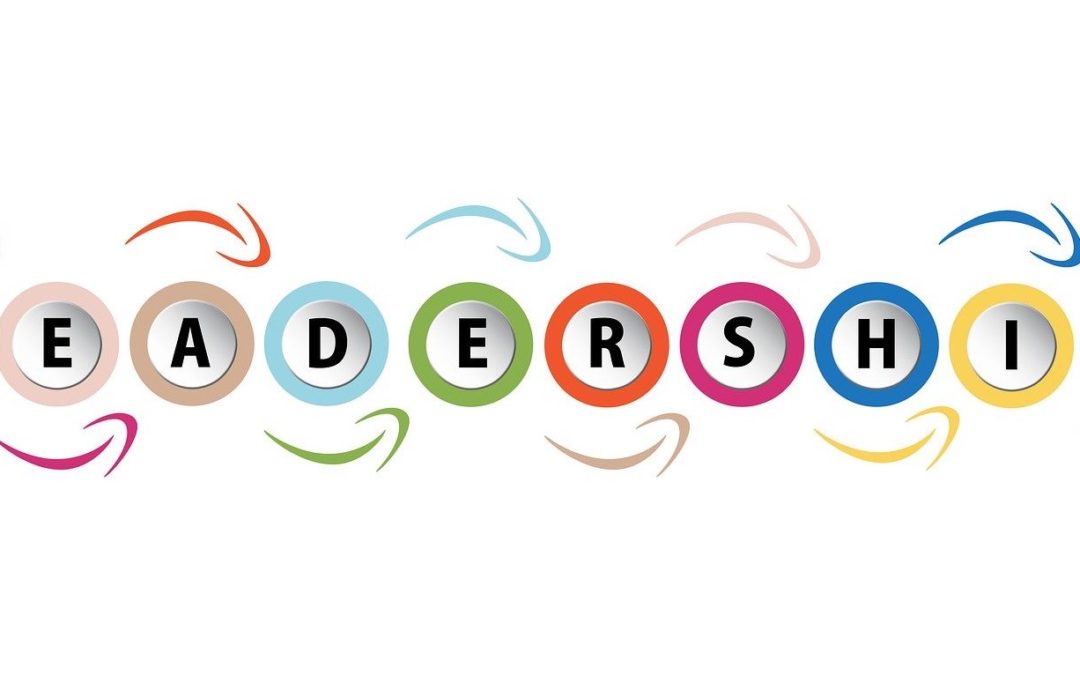Leadership is a challenging journey filled with tough dilemmas. As a leader, it is crucial to have the skills and strategies to navigate these difficult situations effectively. In this blog post, we will explore some examples of tough dilemmas and provide insights on how leaders can deal with them.
1. Balancing Transparency and Confidentiality: Leaders often find themselves torn between being transparent with their team and maintaining confidentiality. For example, when faced with a sensitive issue such as a potential merger or layoffs, leaders must decide how much information to share with their employees. One approach is to communicate the broader goals and potential impacts while respecting the need for confidentiality on certain details. This way, leaders can maintain trust while ensuring essential information is shared.
2. Ethical Dilemmas: Leaders frequently encounter ethical dilemmas that challenge their integrity and values. For instance, when faced with unethical practices within the organisation, leaders must decide whether to confront the issue head-on or turn a blind eye. It is crucial for leaders to prioritise ethical standards, even if it means making difficult decisions such as reporting misconduct or implementing necessary changes to promote a culture of integrity.
3. Handling Conflicting Priorities: Leaders often face the challenge of managing multiple conflicting priorities. For example, when dealing with limited resources, leaders must decide which projects to prioritise and allocate resources accordingly. Effective leaders consider the long-term impact, align priorities with the organization’s goals, and communicate their decisions transparently to ensure clarity and understanding among team members.
4. Dealing with Difficult Employees: Leaders frequently encounter employees who exhibit challenging behavior or underperform. When faced with this dilemma, leaders must address the issue without compromising employee morale or team dynamics. One approach is to have open and honest conversations with the employee, offering constructive feedback and support to help them improve. In some cases, leaders may need to make tough decisions such as reassigning roles or, as a last resort, letting go of the employee to maintain a productive and positive work environment.
5. Navigating Cultural Differences: In today’s globalised world, leaders often find themselves leading diverse teams with varying cultural backgrounds. This diversity can present dilemmas related to communication styles, decision-making processes, and conflicting norms and values. To navigate these challenges, leaders must promote cultural intelligence, fostering an inclusive environment where team members learn about and appreciate each other’s cultural perspectives. Through open dialogue and a willingness to adapt, leaders can bridge cultural gaps and harness the unique strengths of their diverse team.
Leadership is not always straightforward, and tough dilemmas are inevitable. However, by developing emotional and cultural intelligence, ethical decision-making skills, and cultural intelligence, leaders can effectively navigate these challenges and create a positive and thriving work environment. Remember, it is through these difficult moments that you as a leader truly grow and inspire those around you.
Unlock the power of cultural intelligence and watch your leadership skills soar. At Gugin, we specialise in training leaders and managers to become more culturally intelligent, equipping them with the invaluable ability to navigate dilemmas with finesse. In a globalised world where diversity reigns, leaders often find themselves facing cultural differences that can pose challenges to communication, decision-making, and team dynamics. By fostering an inclusive environment where cultural perspectives are appreciated and understood, leaders can bridge gaps and harness the unique strengths of their diverse teams. With cultural intelligence as your guiding light, you can effectively reconcile dilemmas, promote ethical standards, handle conflicting priorities, and navigate even the toughest of challenges. Elevate your leadership potential with Gugin and embrace the power of cultural intelligence today.

Dr Finn Majlergaard
CEO Gugin, Professor, Keynote Speaker, Author
- We align your corporate culture with your strategy.
- We take you safely through major changes in your organisation.
- We develop the crucial cultural intelligence in your organisation by training your employees and leaders
- We help you develop a competitive advantage with a unique corporate culture
Gugin has helped more than 600 companies around the world creating a winning corporate culture.

5 reasons you will never become a Leader
Do you want to become a leader. This article is about why you most likely will fail to become a leader. The article is also about what you can do yourself to change that situation. But you will probably find it is much harder than you anticipated.

Future Cultural Challenges for Airlines and Airports
Executive Summary IATA has forecasted that passenger demand to double over 20 Years with the fastest-growing markets in Asia and Sub-saharan Africa. This is no surprise that the emerging and frontier market economies account for the biggest growth in the near future....

Why is Cross-Cultural Leadership so challenging?
Cross Cultural Management is challenging to most managers. This article outlines 3 of the challenges and suggests how you can deal with them

Don’t Compromise – solve Dilemmas a more intelligent way
A compromise is often the answer when different values collide, but it is a bad solution. Read on and learn why and how you can do better

Check if your colleagues are cultural intelligent
Your colleagues need to be cultural intelligent in order to embrace diversity and to avoid a toxic workplace culture
